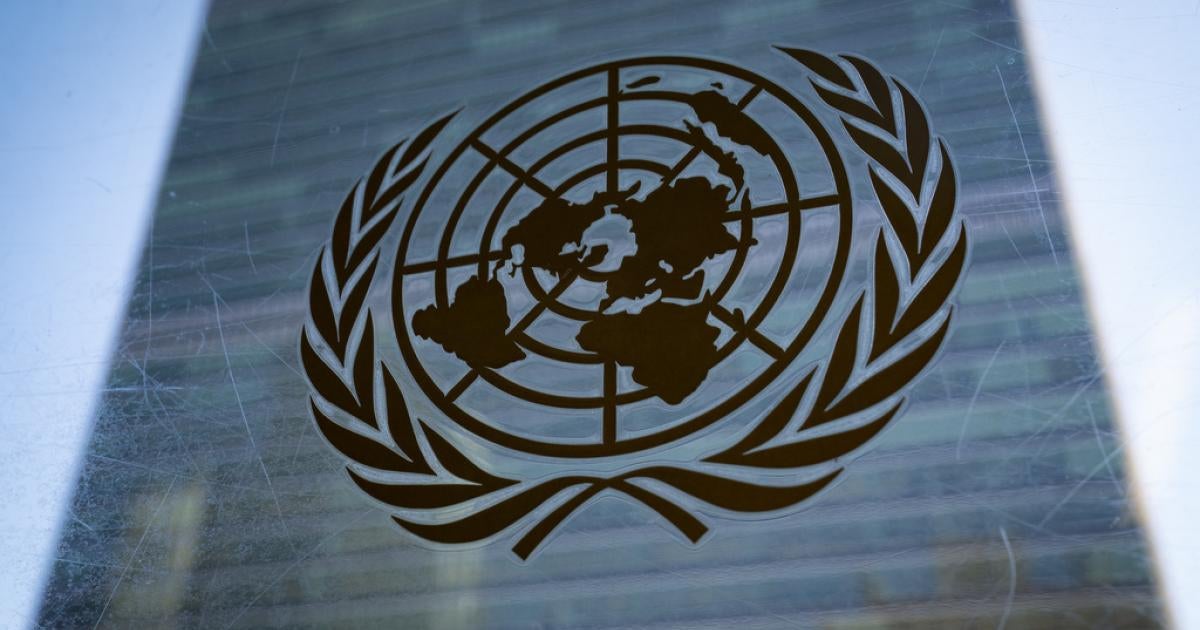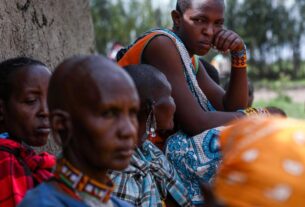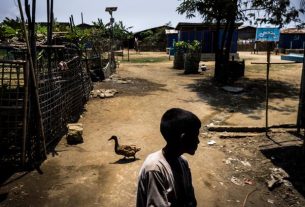“We stand at a crossroads,” the delegate of Sierra Leone, speaking on behalf of 75 states from all regions of the world, told the UN General Assembly’s Sixth (or “Legal”) Committee. “The time is now to act, and we must act in concert to end and prevent abhorrent acts fitting the definition of crimes against humanity.”
The landmark debate, which took place at UN headquarters on October 9-10, points to growing momentum towards a new treaty to prevent and punish crimes against humanity. While these international crimes have proliferated amid escalating conflicts and crises around the world, there is currently no dedicated treaty to address these egregious offenses.
All state speakers denounced crimes against humanity, described by Uganda on behalf of the African Group as “amongst the most serious crimes that … deeply shock the conscience of humanity,” with many noting that a treaty is needed to close a significant gap in international law.
The backing of 75 states for Sierra Leone’s cross-regional statement reflects increasing support for a resolution introduced by Mexico and the Gambia, which would open formal negotiations on the draft treaty. In just a few days, the number of states cosponsoring the resolution jumped from about 70 to 86, with that number growing. Other joint statements in support of the treaty included one delivered by Cabo Verde uniting nine Portuguese-speaking states across four continents, and another delivered by Peru on behalf of fourteen Latin American states.
A number of states noted areas where they’d like to see the draft articles strengthened – for example by adding reference to slavery or colonialism – with many underscoring that it is by proceeding to negotiations that these important issues can be properly addressed.
Several states, including South Africa, Liberia, Palestine, Afghanistan, Bangladesh, Haiti, Iraq, Myanmar, Colombia, and Armenia, reflected thoughtfully on their own current and historical struggles to underline why such a treaty is needed.
Despite this groundswell of support, a small number of spoiler states bemoaned the “haste” of the process (ignoring years of prior discussion), and sought alternatives that could stall progress on the draft treaty indefinitely.
While many speakers expressed desire for taking this decision by consensus – the traditional, though not required, practice of the UN’s legal committee – it is increasingly clear, as numbers continue to grow, that the naysayers will be the ones blocking consensus if they refuse to support the resolution.
And, as Costa Rica aptly put it, consensus is “an aspiration that we deeply value, but it must not become an impediment to the decisive action required.”
When the UN’s Sixth Committee considers the draft resolution for adoption, its members should stand with victims of the world’s most serious crimes.



